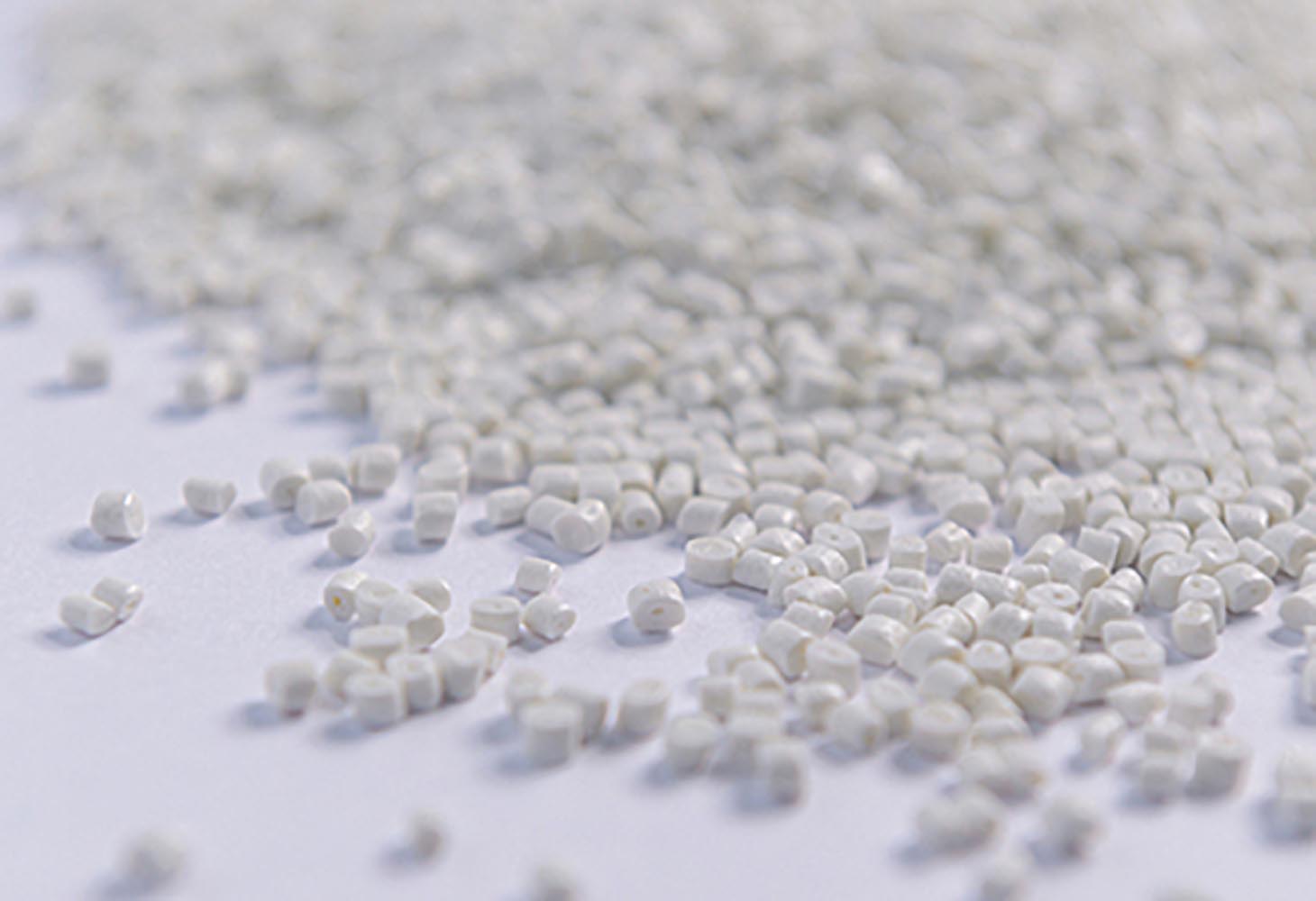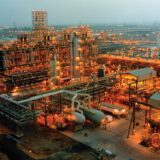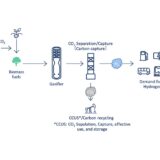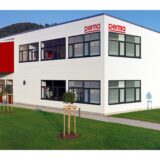
Idemitsu and Toray creating Japan’s first biomass ABS resin supply chain
Toray Industries, Inc. and Idemitsu Kosan Co., Ltd., have agreed to build a supply chain for plastics made from biomass naphtha. They would manufacture biomass styrene monomer derived from biomass naphtha and acrylonitrile butadiene styrene (ABS) resin made from that monomer.
ABS resin is a thermoplastic polymer made from styrene monomer, acrylonitrile and butadiene. It is hard and impact-resistant. Applications include automobiles, electronics, and toys.
Toray’s Chiba Plant will become the first in Japan to produce biomass ABS resin, starting in October 2023.
Idemitsu will leverage the mass balance method to manufacture biomass styrene monomer. A mass balance method assigns properties to parts of products according to the inputs of raw materials with those properties when blending biomass-derived raw materials with certain properties with petroleum-based raw materials without such properties in processing those materials into finished products and distributing them.
Idemitsu and Toray recognise that striving to achieve a carbon-neutral economy by 2050 is a key business challenge. They both explored establishing a biomass plastics supply chain by deploying eco-friendly biomass raw materials.
It has become vital in recent years to combat global warming, which has resulted from rising carbon dioxide emissions. Because of its plant-derived raw materials, biomass naphtha’s carbon dioxide emissions are lower than those of petroleum-derived naphtha. Idemitsu and Toray seek to lower emissions from the plastics sector through their joint efforts.
Idemitsu aims to achieve net zero carbon dioxide emissions from its own operations by 2050. It will do so by maintaining stable supplies of energy and materials that are essential for industry and daily living while tapping the technologies, expertise, and infrastructure that it has amassed over years of handling fossil fuels. It will also help reduce customers’ emissions by delivering energy and materials that make it possible to attain a carbon-neutral, circular economy.
Toray seeks to lower greenhouse gas emissions by expanding Green Innovation businesses that help resolve environmental, resources, and energy issues. It also aims to develop technologies and products that help absorb these emissions, thus helping to reach carbon neutrality by 2050 internally and for the economy as a whole.
The two companies will leverage a robust partnership in driving a materials transition to a carbon-neutral, circular economy by building a biomass plastics supply chain.














